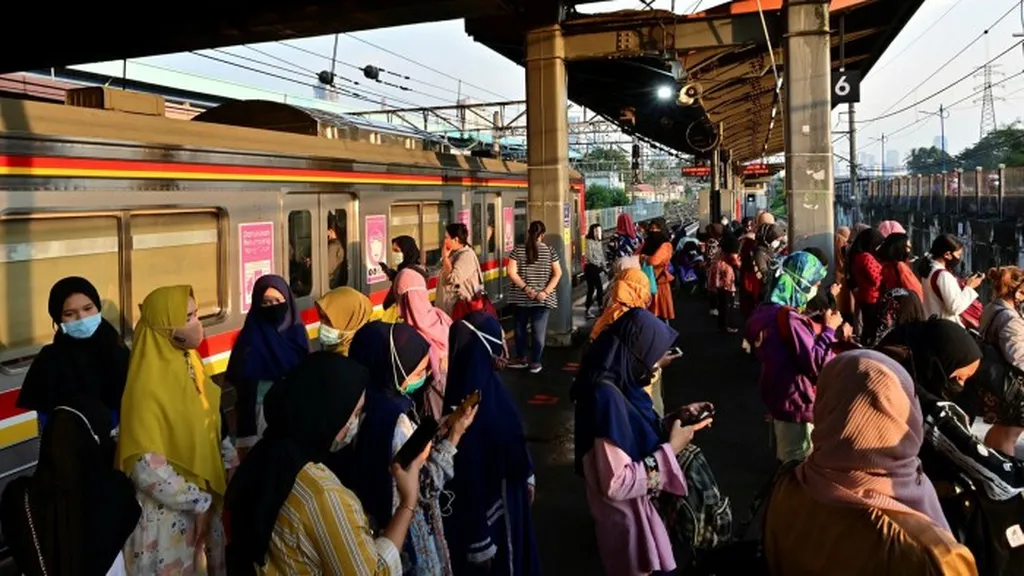In the heart of South Sulawesi, Indonesia, a compelling study is shedding light on the intricate balance between agriculture, society, and the environment. Led by Mujio from Urban and Regional Pakuan University, the research, published in the *BIO Web of Conferences* (translated as the *Life Sciences Conference Proceedings*), offers a nuanced look at agricultural sustainability in Luwu Regency. The findings are not just academic; they hold significant implications for policymakers, investors, and the broader energy sector.
The study employs a Multidimensional Scaling (MDS) approach to evaluate sustainability across three critical dimensions: economic, social, and ecological. The results are revealing. The ecological dimension scored 53.74, while the economic dimension registered 51.86. However, the social dimension lagged slightly behind at 49.04, pulling the overall multidimensional index to 49.42. These scores indicate that while environmental and economic aspects are approaching ‘moderate sustainability,’ the social dimension is still catching up.
Mujio’s research identifies several key constraints that are holding back social sustainability. “Limited access to credit, low productivity, poor market connectivity, gender disparities, and weak farmer group organizations are significant hurdles,” Mujio explains. These issues highlight the need for a more inclusive and holistic approach to agricultural development.
The study recommends three strategic directions to address these challenges. First, strengthening access to finance and innovation for farmers can empower them to adopt more sustainable practices. Second, institutionalizing participatory agricultural extension with gender-sensitive approaches can ensure that all community members benefit from development efforts. Third, promoting agroecological practices and diversified livelihoods can enhance resilience and safeguard natural resources.
The implications for the energy sector are profound. Sustainable agriculture is not just about food security; it’s also about energy security. As the world shifts towards renewable energy sources, the role of sustainable agriculture in providing biomass for biofuels and other energy applications becomes increasingly important. Investing in sustainable agricultural practices can create a stable supply chain for bioenergy, reducing reliance on fossil fuels and mitigating climate change.
Moreover, the study’s findings can guide policymakers and investors in making informed decisions. By addressing the identified constraints, they can foster a more sustainable and inclusive agricultural sector that benefits both the environment and the local communities. This, in turn, can create a more stable and resilient energy sector.
Mujio’s research is a call to action. It underscores the need for a paradigm shift in agricultural development, one that prioritizes inclusivity, sustainability, and resilience. As the world grapples with the challenges of climate change and energy security, the lessons from Luwu Regency offer valuable insights and a roadmap for the future.
In the words of Mujio, “This is not just about improving agricultural practices; it’s about transforming the lives of rural communities and safeguarding our natural resources for future generations.” The study, published in the *Life Sciences Conference Proceedings*, serves as a beacon of hope and a guide for those committed to building a more sustainable and equitable world.

